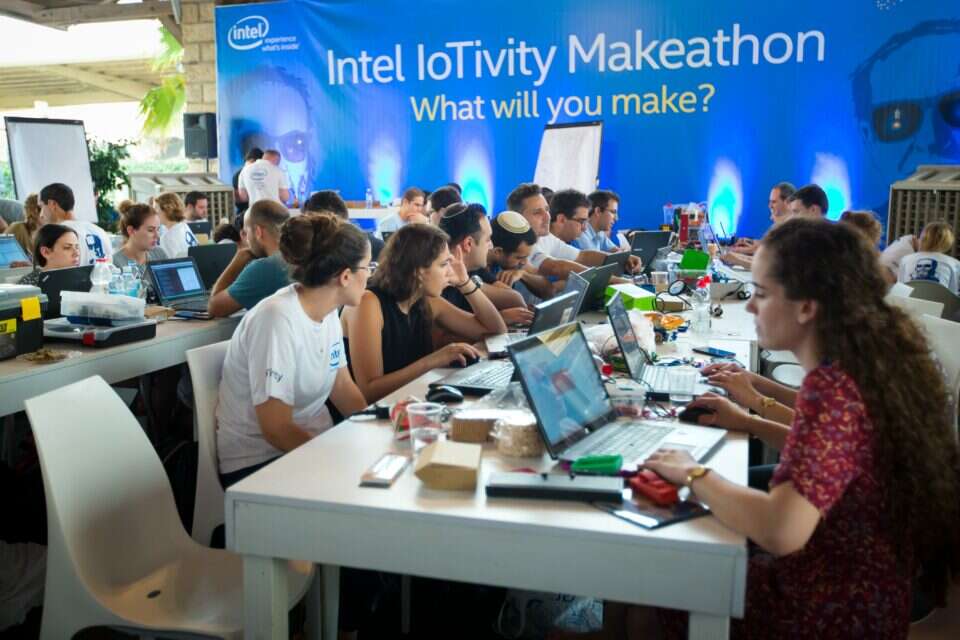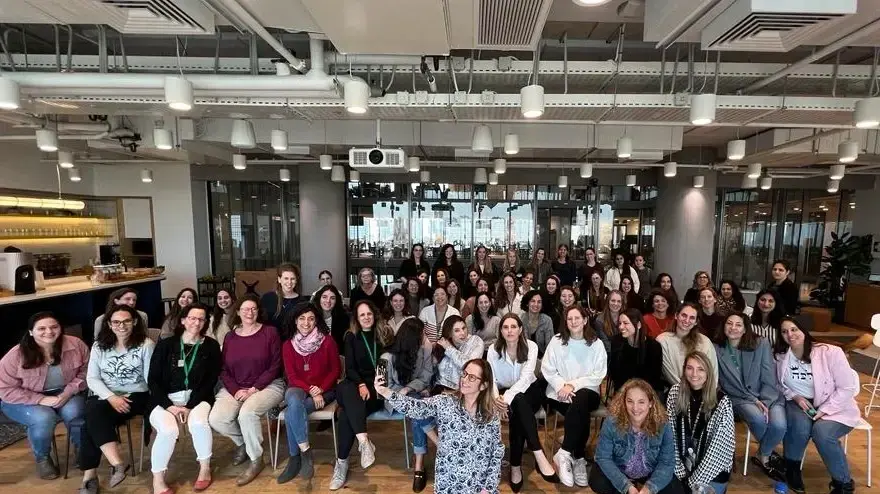In recent years, it is impossible to miss the celebration of money in Israeli high-tech.
It's everywhere: in the stock market, in the media and also in "A Wonderful Land."
But the intoxication of the senses only sharpens the gap between those who enjoy it and those who do not, that is, the vast majority of Israelis, who look with closed eyes and often even with envy at the party to which they were not invited.
This is a phenomenon that a country like Israel, which has overcome much greater difficulties, should and can solve.
It does not require a lot of money here, but mainly initiative and thinking outside the box - something we do not lack here.
Here are some ways to think about it:
High-tech education.
The future generation is not called that for nothing.
It needs to be nurtured and educated in technological thinking from an early age.
Such education, especially in the periphery, will increase the potential for successful startups to star in the media in a decade or two.
Homes for innovation.
In Petah Tikva, there is a venture in collaboration with high-tech companies, which connects the community to industry (due diligence: I was also privileged to be a partner in it).
Homes of this type exist in many cities and are of great importance: as part of the Home for Innovation there are dozens of training tracks for all ages and all sectors: kindergarten, school, military, retirees and people outside the employment circle.
This is a healthy process in which the state can and should take an active part, adopt the model and replicate it to other places.
High-tech women.
According to a report published by the Innovation Authority and initiated by "A Woman in High-Tech", women make up about a third of the manpower employed in high-tech and this figure does not change over the years. Real integration into high-tech, from encouraging students to choose realistic majors, through a wider integration of female soldiers in cyber units and specialized training in the field of management, to significant support during academic studies.
Breaking the partition in front of the academy.
Today, entrepreneurs who want to integrate academics into startups are encountering conditions that do not allow them to join hands.
Many studies remain within the walls of the university, and this is a huge miss.
I personally wanted to hire a doctoral student, but the academy refused to allow her to work even as a consultant.
Breaking down the partition in an institutionalized way will contribute very talented minds to the industry.
Involvement of mature entrepreneurs.
As there are accelerators for young entrepreneurs, it is time to have such for people aged 50, 60 and even more.
A body can be set up to bring these experienced people together and connect them, so that they can be mentors to young entrepreneurs.
After all, aid in our DNA - Israelis like to lend a hand. This is a kind of project that the state can take on. In this way, those mature entrepreneurs will be able to do a kind of "reserve service", whose contribution to the industry has enormous potential.
Help with the first money.
To this day, I remember well that in my first start-up, I received NIS 100,000 from the "Tnufa" program.
Today, it is also possible to run a kind of "reverse grant", in which the state does not punish those who invested in a closed start-up, for example with the help of tax benefits.
Returning entrepreneurs to Israel.
In recent years, many talented entrepreneurs, including good friends of mine, have left Israel and set up startups abroad. Some returned to Israel during the Corona period, but that is not enough. Heavy taxation drove them away from here, and Israel lost tremendous talent. And bring some of these entrepreneurs home.
Training in the periphery.
As someone who came from the periphery and grew up in Kiryat Ata, this is an issue that hurts me personally.
The state must help entrepreneurs and encourage them to want to bring people from the periphery to startups.
This can be done through training and financial benefits.
The state needs to take a more significant part in projects, such as the "apple" training project, and train people from the social periphery as well, including the ultra-Orthodox and Arab sectors.
The author is a serial entrepreneur, CEO of Priafat, director of Peak and author of the book "Fathers of Management"
Were we wrong?
Fixed!
If you found an error in the article, we would love for you to share it with us









